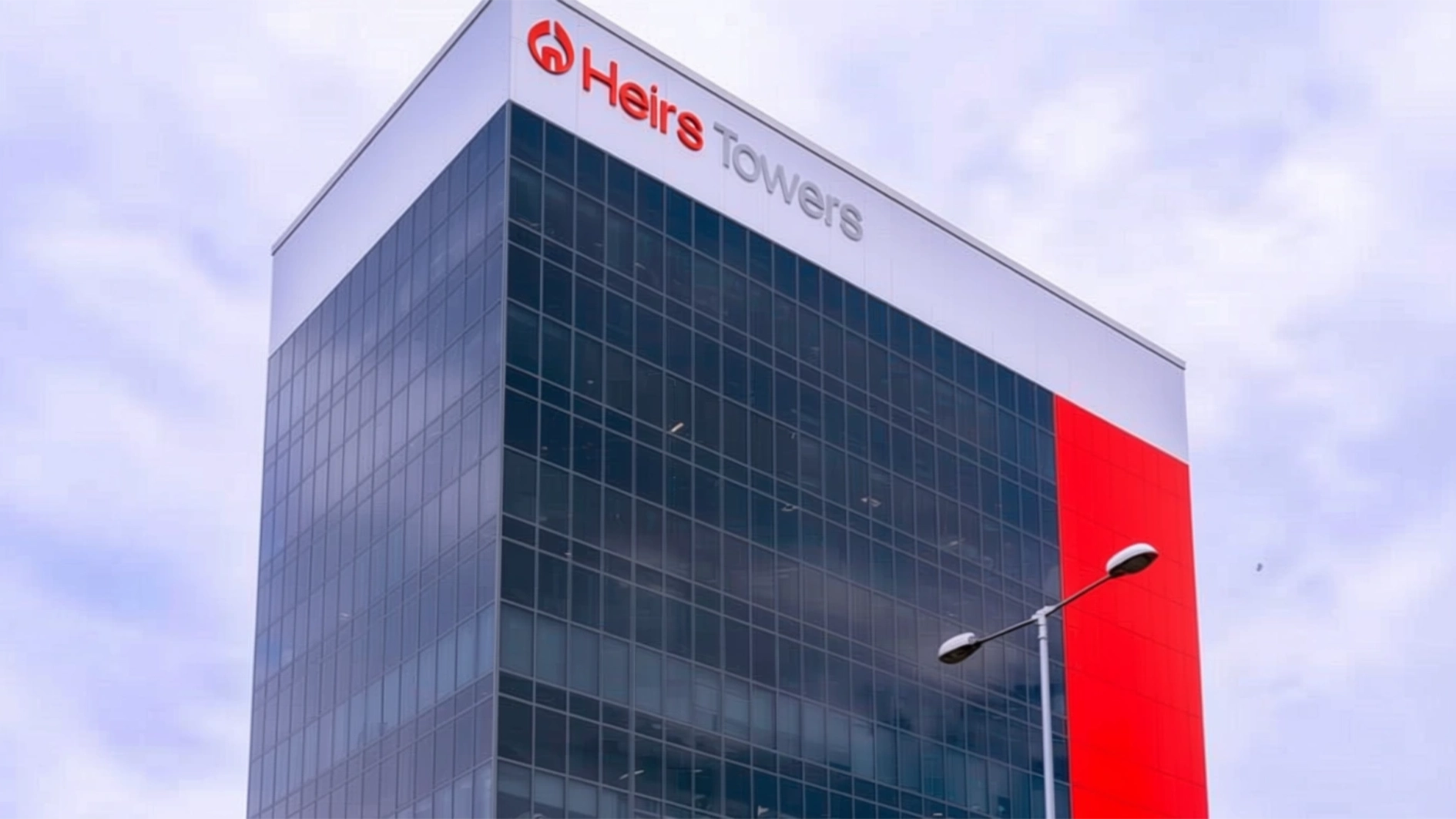Stakeholders at the Nigeria Renewable Energy Innovation Forum (NREIF) have called for stronger collaboration, innovation and targeted investment to accelerate Nigeria’s transition toward renewable energy and sustainable power access for all.
The two-day forum, organised by the Rural Electrification Agency (REA) in Abuja and supported by First City Monument Bank (FCMB), brought together policymakers, private sector players, equipment manufacturers, and development partners to discuss strategies for enhancing renewable energy local manufacturing, financing and distribution nationwide.
Vice President Kashim Shettima underscored the importance of private sector participation in driving the nation’s energy transition. He urged stakeholders to adopt the “Nigeria First” policy by prioritising local content development and investments that promote homegrown renewable energy solutions.
“We are improving local manufacturing incentives, refining regulatory frameworks, and enhancing collaboration with state governments and investors to help de-risk private capital and accelerate the growth of a sustainable renewable energy market,” the Vice President stated.
Reinforcing this point, Abba Aliyu, REA’s Managing Director and CEO, noted that Africa should not be overlooked in global energy transition discussions. He stressed that Nigeria’s abundant renewable resources, particularly solar, must translate into tangible industrial and economic gains.
“Africa has nearly 60 per cent of the world’s best solar resources but attracts less than three per cent of global renewable energy investment. The task ahead is clear: we must transform this advantage into a competitive edge by building industries, fostering innovation, and creating local value,” he said.
Adding a private sector perspective, Divisional Head of Business Banking of FCMB, George Ogbonnaya, highlighted the critical role of financial innovation and public-private collaboration in scaling renewable energy adoption.
“Nigeria’s renewable energy transition demands shared commitment. Unlocking over $400 million in investment will require strong government and private sector collaboration to expand access, accelerate local manufacturing, and strengthen energy infrastructure. At FCMB, financial innovation enables this collaboration and delivers reliable power to unserved and underserved communities.”
FCMB has supported the renewable energy value chain through project financing and capacity-building initiatives for developers and end-users.
bank recently entered into a strategic collaboration with the REA to provide a N100 billion loan facility to deliver power to two million households in unserved and underserved communities across the country.
The intervention is under the REA’s Distributed Access through Renewable Energy Scale-Up (DARES) programme.
The bank understands the impact of energy costs on small businesses and has committed to solving this problem by providing energy finance loans of up to N30 million for small businesses to acquire clean energy equipment such as solar panels, batteries, and inverters, with repayment plans of up to three years. This amount can significantly go up for larger SMEs.






